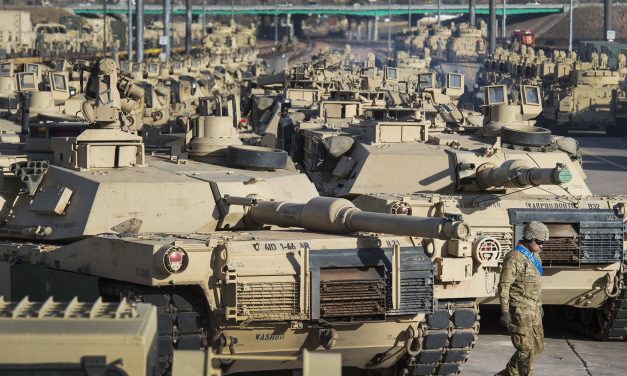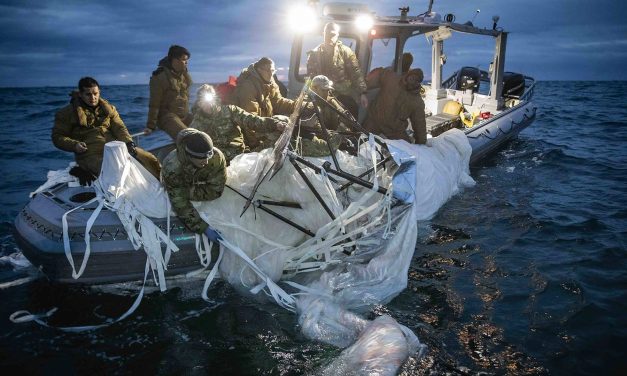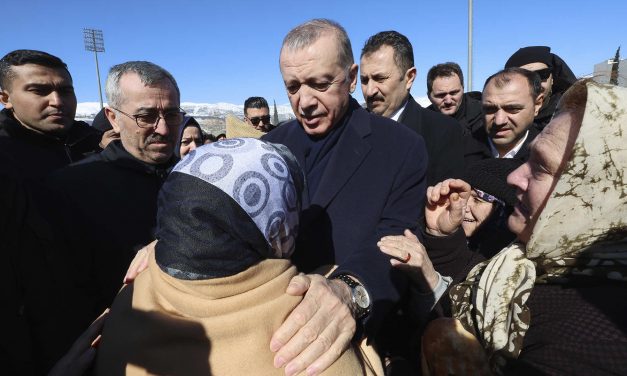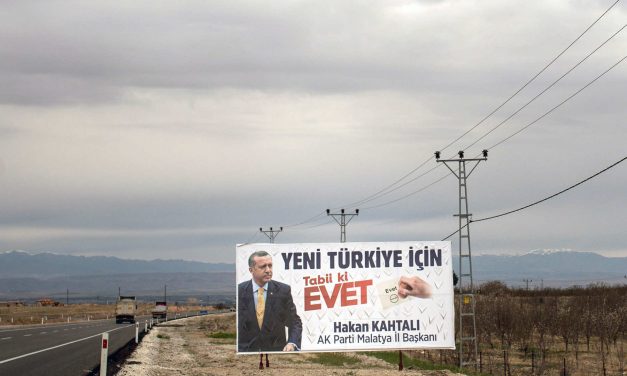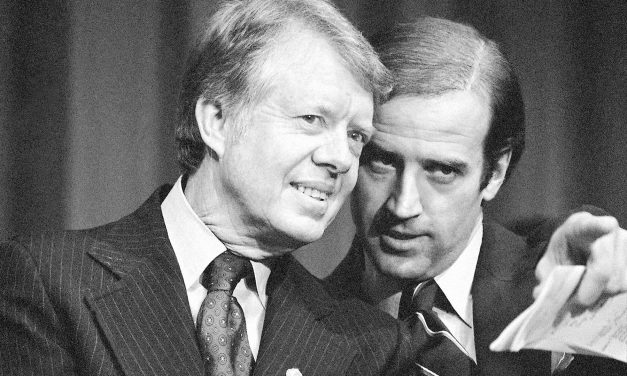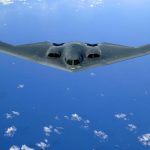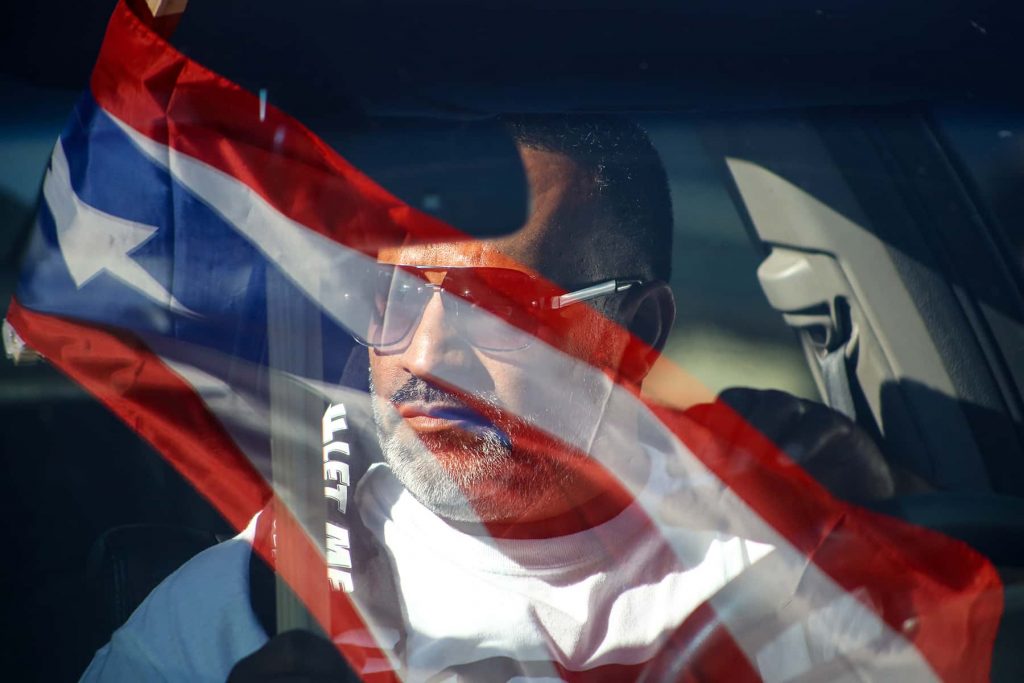Expectation of victory: Ukrainians remain committed to reclaiming their land as war enters second year
By Tatsiana Kulakevich, Assistant Professor of Instruction at School of Interdisciplinary Global Studies, Affiliate Professor at the Institute for Russian, European, and Eurasian Studies, University of South Florida United States intelligence experts expected Russian troops to quickly overtake Kyiv shortly after Russia launched a full-fledged invasion of Ukraine on February 24, 2022. But Ukraine continues to control Kyiv and the majority of its other territory. Most Ukrainians have expressed a strong willingness to keep on fighting for their country. Ukraine has had more than 100,000 volunteers join the war since the spring of 2022 – in addition to the...
Read More

